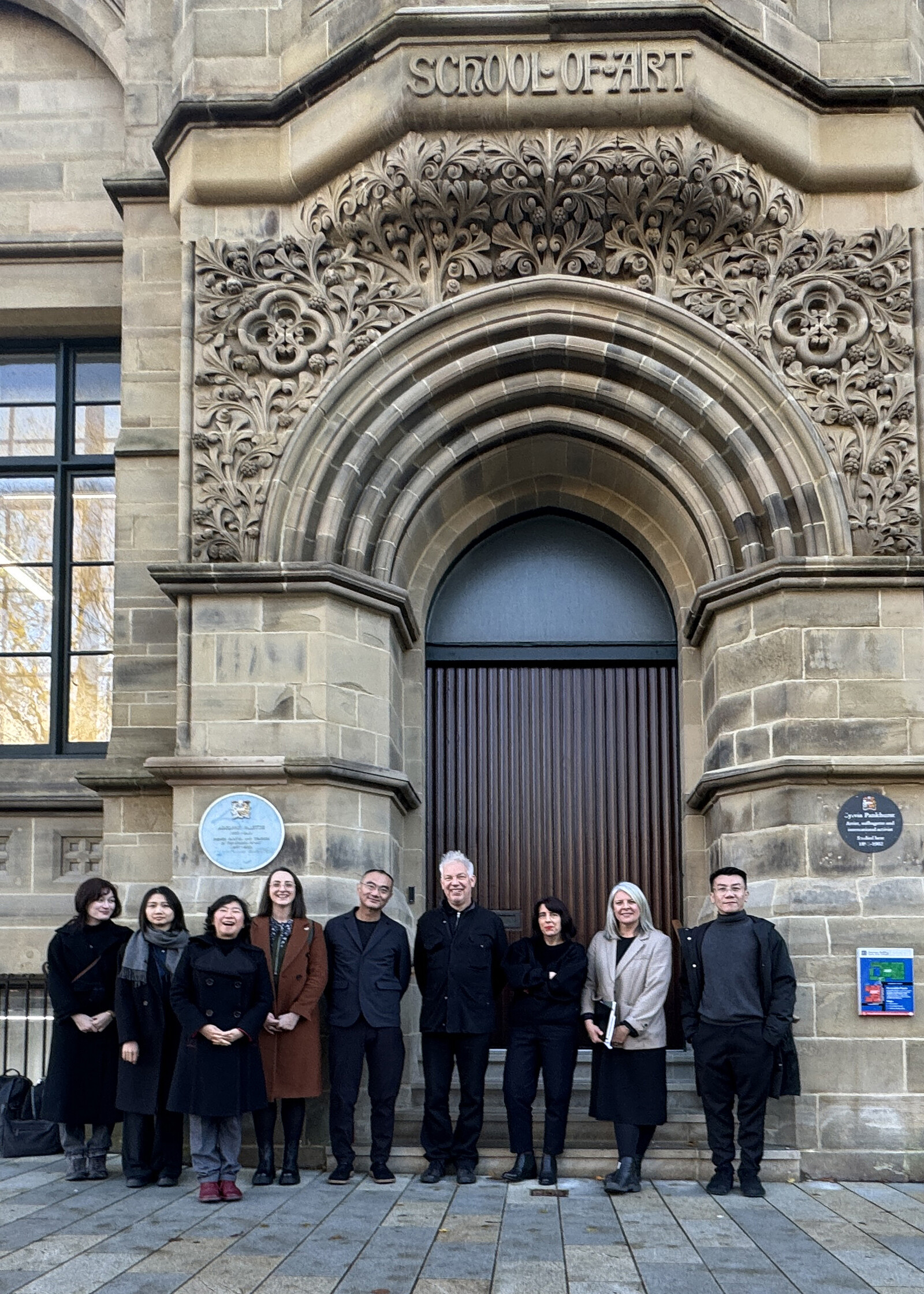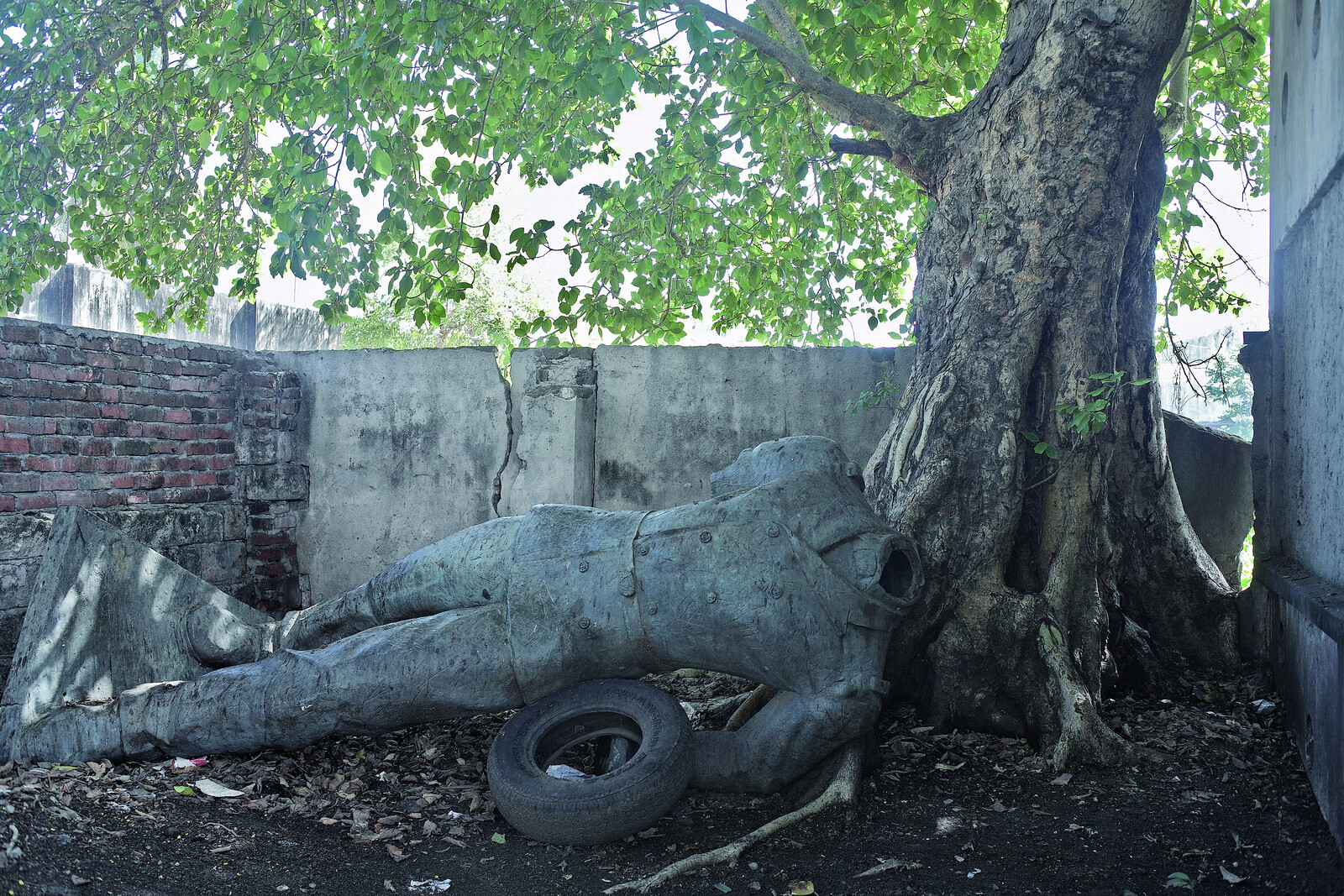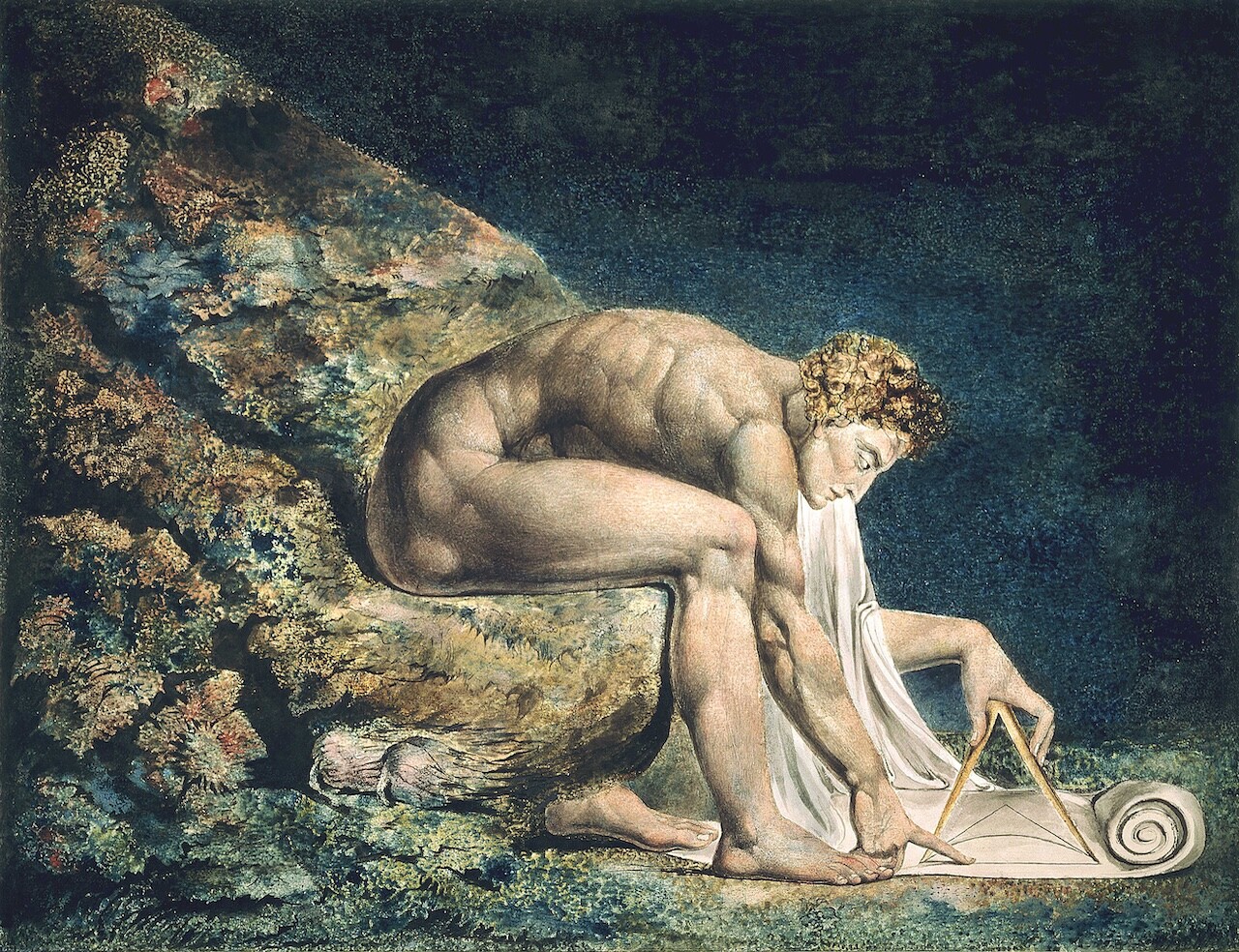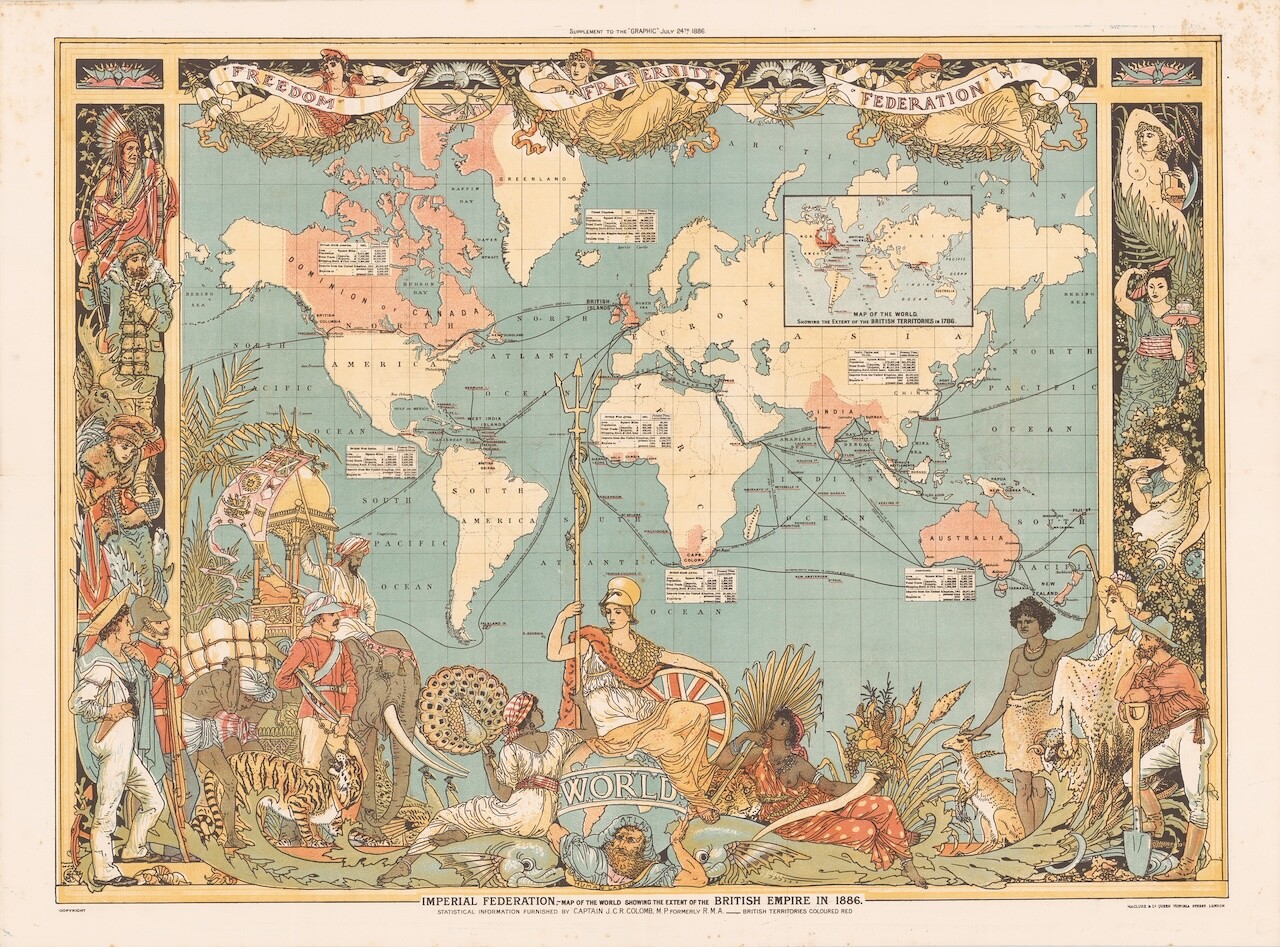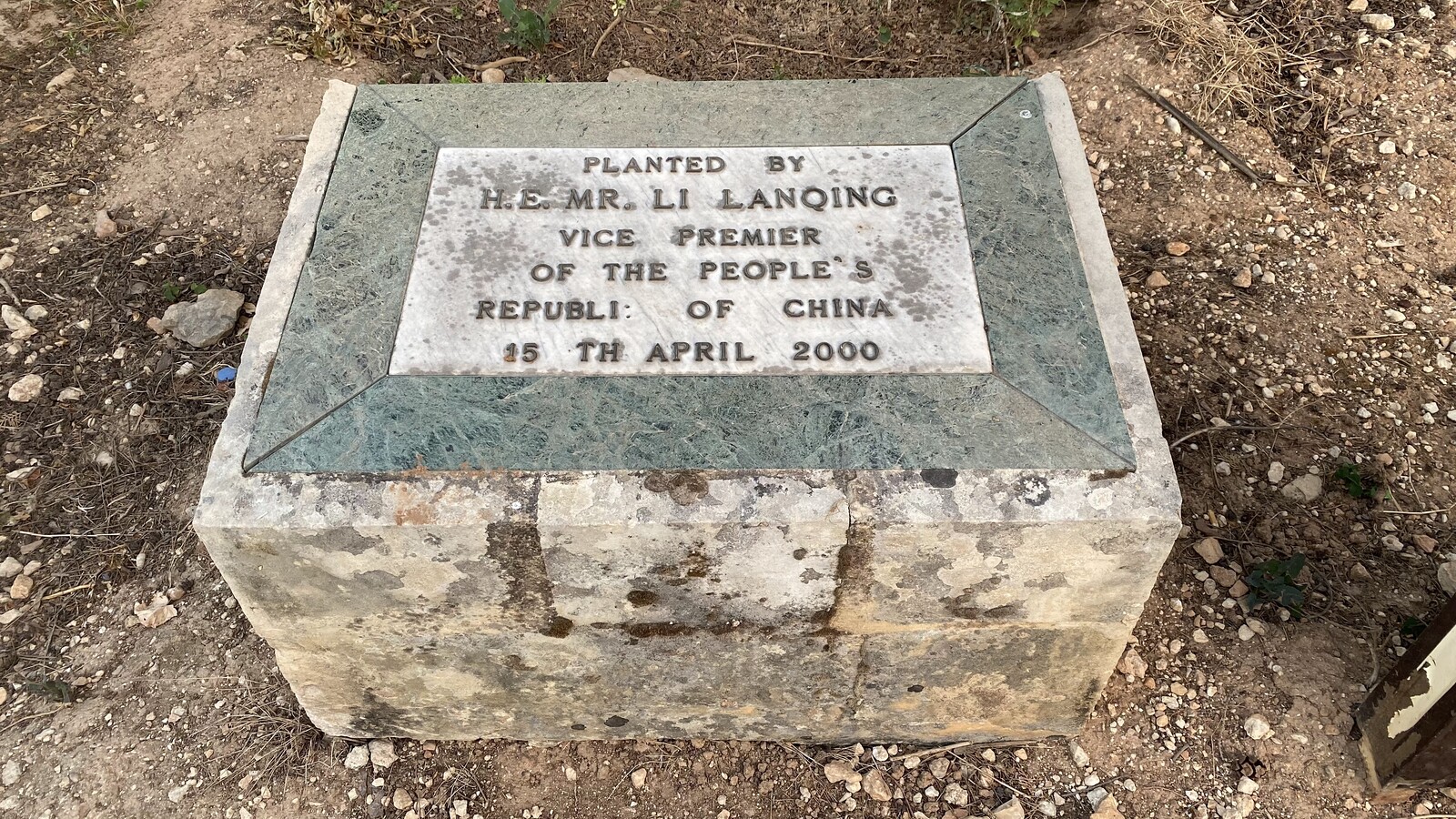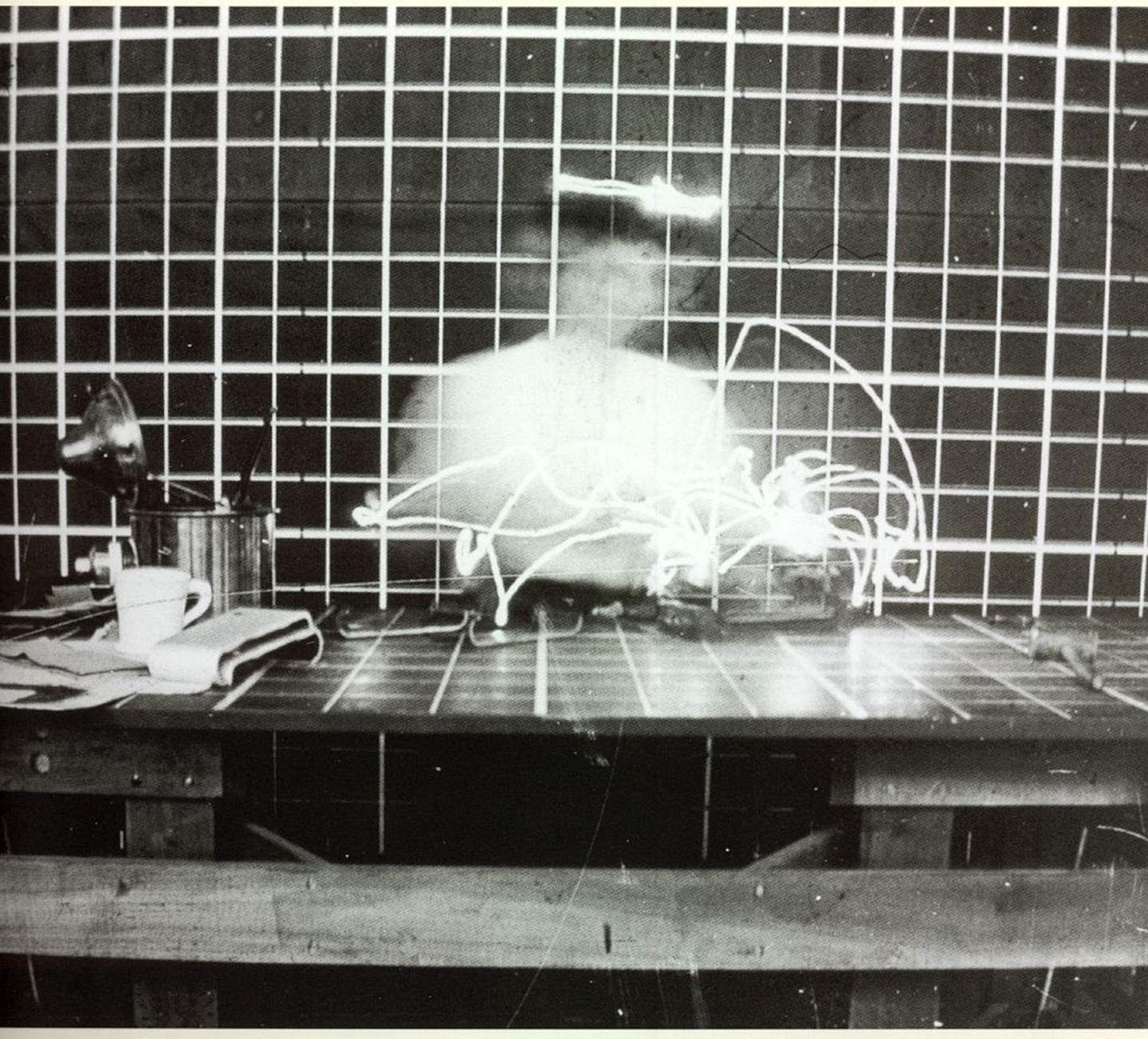For Okwui Enwezor, the void of Ground Zero indexes the full manifestation of a Fanonian “tabula rasa” in which the entropic unleashing of excessive violence weakens and dissolves the “dead certainties” of the formerly stable Western liberal/imperial global order. Such systemic crises present an unforeseen possibility for the global majority, a “founding moment,” wherein subsequent structural reconfigurations allow for their demands to be more fully articulated. These articulated demands necessarily include artistic and cultural responses, which, Enwezor observes, “posit a radical departure from the system of hegemony that fuels the present struggle.”
Instead, de-paralysis points towards a dynamic already active in paralysis: the establishment of novel conduits and links in excess of those already in place. If paralysis is generated by the temporary severing or decoupling of linkages, it also paradoxically keeps producing a proliferation of unexpected ones, especially through those contagious chains that shift scale and leap across vectors, moving from the failure of a single wire to the blackout of a network to the person who stands in the new dark, frozen with indecision.
The exchange implied in the man/woman relationship has a twofold nature: on the one hand, it is an exchange between variable capital and domestic labor; on the other it is an exchange between variable capital and prostitution. On the formal level, it represents itself as an exchange between the wage and domestic labor or prostitution labor and between male worker and housewife or prostitute. However, in reality it is an exchange between variable capital and the labor of domestic work or prostitution and between the houseworker or sex worker and capital, mediated by the male worker. In other words, the exchange of the wage for domestic work (or prostitution) between the male worker and housewife or prostitute is the form of the real exchange that takes place between the houseworker or sex worker and capital.
The formation of a market economy (merchants as masters) widens and expresses something not new—capital—in a very new way. With the supernovas, academic knowledge divorces the church and marries capital. And this new union, this encompassing fate for the world, was not written in the stars (or spontaneous). It’s conceivable that after 1579, a thousand more years might have passed without a break from Aristotle. Civilizations might have risen without any concession to the market economy. West African drumming might have continued its dominance over long-distance communication. It was the second supernova that sealed the deal for the emergence and expansion of the universal market. Giambattista Vico, Adam Smith, Hegel, and ultimately Marx confused this specific form of universal history with the transhistorical history of “mankind.”
Trevor Paglen, “You’ve Just Been F*cked by PSYOPS: UFOs, Magic, Mind Control, Electronic Warfare, and the Future of Media”
The notion of nature as distinct from humanity, and as malleable, has radically changed the planet, bringing all its living systems to the brink of collapse. This continues to be driven by consumerism as the primary human relationship to one’s subjecthood. The result is individualist hedonism, the fantasy that death can be negated, and the mandate to pursue individual happiness while considering suffering as a personal failure. Clearly the food system we rely on and the chemical products we consume damage us and the planet. Why are we doing this to ourselves?
Charles Mudede: Consuming Revolutions
The challenge for sabotage will be to erode the gap between unavoidable delay and avoidable delay, to make avoidable delays appear unavoidable, both as a threat to employers who pay poor wages and to enable the kind of unprovability that sabotage hinges on and weaponizes. (Did the power just happen to go out, causing everything to go quiet? Or did someone knock it out?) The tactic will try, again and again, to pass resistance and fatigue out from an individual body expected to work faster, more repetitively, or for less money, back into the system of production and circulation itself.
Chaos and the Automaton is the first volume to collect Franco ‘Bifo’ Berardi’s extensive collaboration with e-flux, which has become one of his primary English language outlets since 2010.
Successful hoarders tend to share one commonality: the information they distribute is collated, with rigor, and often tied to an organized movement for radical action. This methodology separates the “collection” from the endless stream of “content” we see today. It removes all distractions from the hacker class’s chief aim: the production of new knowledge and culture, made freely available, as part of a larger move towards collective transformation.


